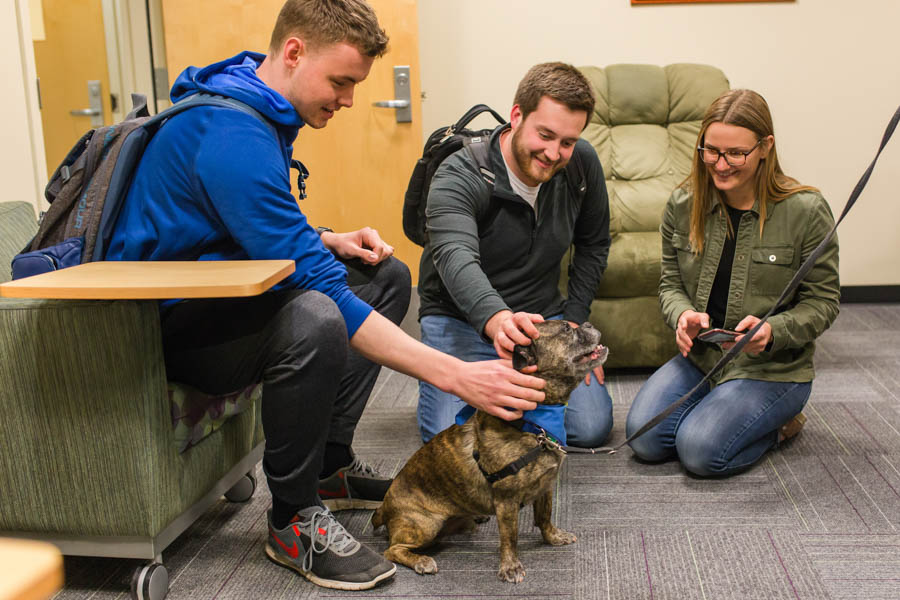
Therapeutic Recreation
Bachelor's
PROGRAM SNAPSHOT
Turn play into purpose. Help people heal through meaningful fun, adventure, and connection.
Study Therapeutic Recreation at Winona State
What if your college major let you lead adventures, design play opportunities, and support people becoming happier and healthier?
That’s exactly what you’ll do in the Therapeutic Recreation program at Winona State.
As a recreational therapist, you might use sports to build strength, art to reduce stress, or nature walks to boost confidence.
You’ll work with people of all ages. This includes children and adolescents, adults, and older adults.
Your clients may include:
- individuals with physical, cognitive, or developmental disabilities.
- patients recovering from injury, surgery, or illness.
- people managing mental health or substance use challenges.
In this Bachelor of Science program, you’ll gain the knowledge and hands-on experience to launch a career in health care or community services.
You’ll create real interventions and recreation programs. You’ll also hone your facilitation and leadership skills.
Plus, our campus is surrounded by parks, hiking and biking trails, playgrounds, and community centers. This makes Winona the ideal place to study recreational therapy.
This program is available through the Recreation, Tourism & Therapeutic Recreation (RTTR) Department.
What You’ll Learn as a Therapeutic Recreation Major
As a Therapeutic Recreation major, you’ll learn how to develop personalized programs and care plans. Then you’ll implement those programs and care plans to meet clients’ goals.
You’ll also:
- understand the strategies and activity-based interventions used with diverse populations. Think community reintegration, creative and expressive arts, animal assisted therapy, adventure education, horticulture therapy, stress management, and more.
- know how to design play spaces that are accessible and sociable.
- dive into what’s next in the field of therapeutic recreation. From advanced technology like virtual reality and robotics to forest bathing.
- sharpen your leadership skills. These will help you confidently lead group sessions, develop one-on-one therapy sessions, and assume managerial roles.
A Therapeutic Recreation major also pairs very well with other programs at Winona State. This includes Child Advocacy Studies, Dance, Psychology, Sociology, and more.
Aside from major- or minor-specific requirements, you’ll need to complete additional requirements through the General Education Program (GEP) to earn your degree from Winona State University.
Learn More about the GEP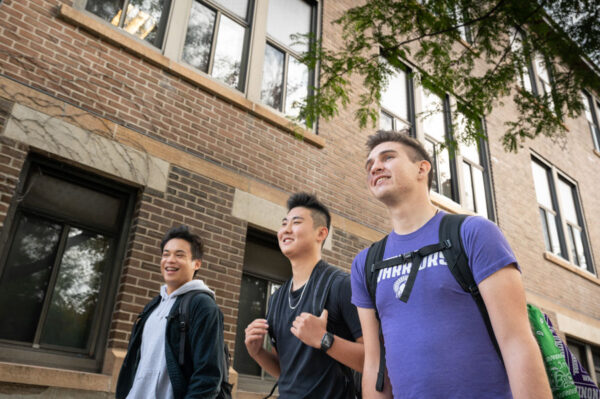
Program Highlights
On Campus
Be one step closer to becoming a recreational therapist by getting the real-world preparation you need along with your degree.
This program’s curriculum prepares you to sit for the Certified Therapeutic Recreation Specialist (CTRS) exam through the National Council for Therapeutic Recreation Certification (NCTRC).
This credential is widely recognized in the U.S. and Canada.
In this program, you’ll take a Research Methods class that focuses on this field. You’ll learn how to design and execute a formal research project.
Outside your research class, you can assist faculty with their on-going research. Or you can even develop your own project with the help of a faculty mentor.
Students have explored topics like the long-term impact of connecting and interacting with animals on quality of life.
These experiences will give you the critical thinking and analytical skills that employers and graduate schools value.
Want to meet like-minded students and explore therapeutic recreation? Get involved in campus organizations that share your passion, like the RTTR Student Association.
Or explore Active Minds, Psychology Club, and Student Council for Exceptional Children.
You might also want to check out the Warrior Entertainment Network, our student-led event planning committee.
With over 100 clubs and organizations, there’s something for everyone.
Engaging Learning Spaces
As a Therapeutic Recreation major, you’ll take your classes in Maxwell Hall. This building features a Virtual Reality (VR) lab, where you’ll practice using advanced VR technology.
But the real classroom will be right in our backyard. You’ll study Winona’s recreational resources while learning how to show clients the benefits of recreational activities for therapeutic purposes.
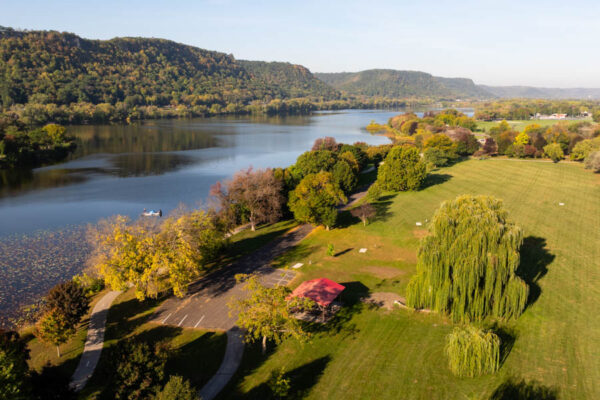
Just a short walk from campus is Lake Winona, plus a park and recreation center where you can do a variety of land and water activities all year.
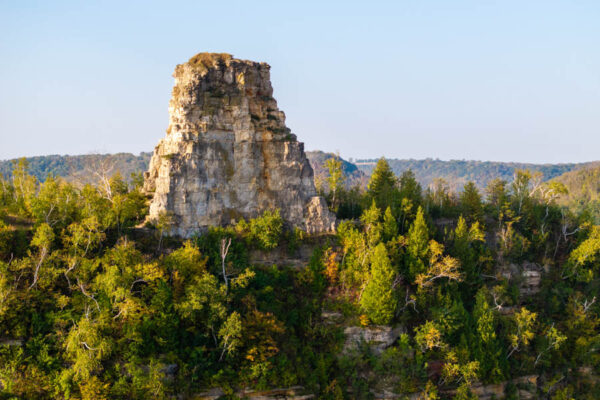
Sugar Loaf Bluff is a landmark that offers a unique vantage point of Winona. Enjoy hiking trails to reach the base, or you can keep going and climb to the summit.
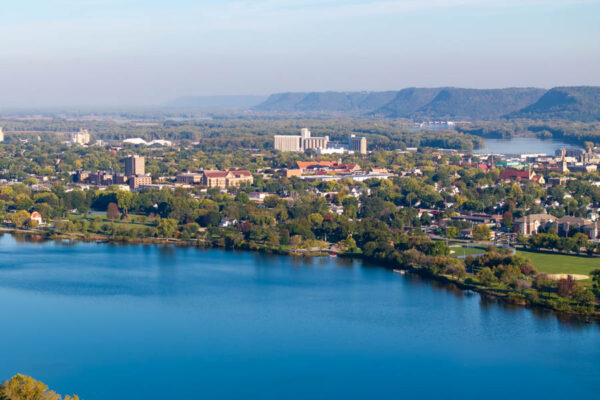
Challenge yourself to take the nearly 400 steps up Garvin Heights Bluff. Then take in the ultimate view of Winona and the surrounding Driftless Region.
Beyond the Classroom
On-the-job training is important, which is why you’ll complete 700 practical hours as a Therapeutic Recreation major.
This includes a 600-hour internship and a 100-hour practicum in a professional setting before graduation.
Our students have worked at Veterans Affairs medical centers, hospitals, and community and sports centers. Their field experiences have taken them to Utah, Oregon, Texas, Colorado, and beyond.
These intensive field experiences will give you hands-on practice shadowing and assisting recreational therapists.
Apply what you learn in the classroom by traveling the globe. At WSU, you can earn credit that applies to your degree while exploring the world.
Dive into the many recreation and tourism-based businesses in Argentina, Uruguay, and Chile.
Or travel to Hawaii to learn about health systems and nutrition.
You can also check out our more than 100 other study abroad programs across 40+ countries.
Hear from Alumni
Careers & Outcomes
If you want a job that combines heart, creativity, and adventure, Therapeutic Recreation could be the perfect fit.
The Bureau of Labor Statistics projects that Recreational Therapists will earn $60,000+ median pay per year (2024).
Learn more about what careers are possible with this major and where our alumni have gone after graduation:
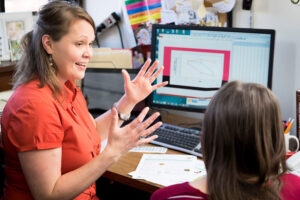
Bachelor's, Transfer Pathway
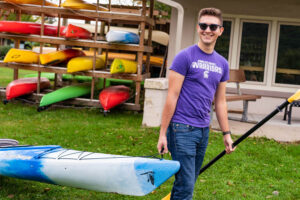
Bachelor's
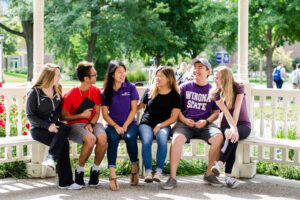
Bachelor's, Transfer Pathway